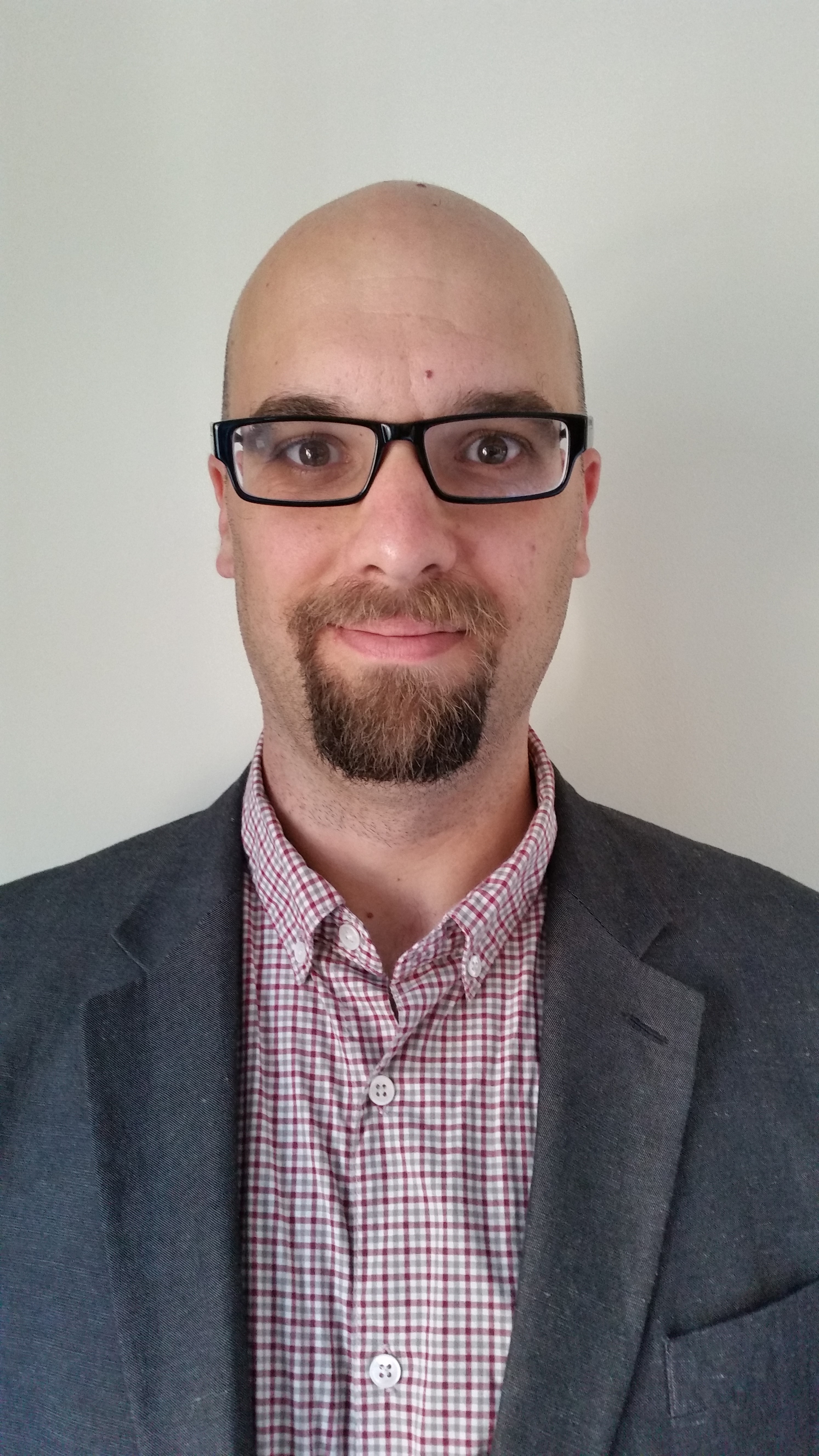Wealth and Home Ownership
Housing and economic inequality in the long-run: A cross-country investigation
Summary: In existing commentary on economic inequality, there is ongoing debate on whether incomes have peaked, no doubt that capital is back, and intense speculation on what might happen next. Surprisingly, however, there has been limited attention paid to the pivotal role of housing wealth. To address that gap, this paper draws from panel surveys in three countries – Australia, the UK and USA – across nearly two decades to shed light on how residential property figures within a wider literature on long-run economic inequality.

Presenter: Professor Rachel Ong Viforj (Curtin University)
Rachel Ong Viforj is an Australian Research Council Future Fellow and Professor of Economics at the School of Accounting, Economics and Finance. Her research interests include the role of housing in Australia’s ageing population, intergenerational housing concerns, housing pathways, housing affordability dynamics, and the links between housing and non-shelter outcomes. Rachel is currently undertaking research in three major areas – intergenerational housing wealth inequality, the edges of home ownership, and the links between housing and wellbeing. She has been a member of the National Economic Panel since 2017. Rachel is also a member of the Steering Committee for the Asia Pacific Network for Housing Research.
Parental transfers and the transition to home ownership
Summary: Over the past two decades there has been substantial new research on the link between parental finances and the ability of young adults to enter the homeownership market. Other research has studied how down payment contributions have facilitated entry to ownership. As yet, there is only a limited literature on the impact of direct transfers on the transition to ownership. We extend a previous study, using HILDA data, by Cigdem-Bayram, Whelan and Wood (2019) who measured wealth effects and income transfers on the likelihood that young adults will transition to ownership. Specifically, we investigate the geography of income transfers, and the variation in outcomes across the urban and socio-economic structure of Australian housing markets, using HILDA data on transfers.

Presenter: Professor William Clark (University of California)
William Clark is a Research Professor at the University of California, Los Angeles with interests in residential mobility and housing transitions, especially those related to life cycle changes. He is the author of An Advanced Introduction to Housing Studies, Edward Elgar, 2021.
Rich and selfish? Income and attitudes towards minimum living standards
Summary: This presentation will include new results on the association between income and stated views on minimum living standards; that is, views on items and activities that no one in today’s society should have to go without. Using data from a large, nationally representative, longitudinal study, we find the rich are less generous along multiple dimensions.

Presenter: Professor David Johnston (Monash University)
David Johnston is a Professor at the Centre for Health Economics at Monash University. His broad research interests are in health economics, labour economics, and microeconometrics; but he has a particular interest in the economics of mental health and wellbeing, and the economic impacts of people's environment. David's current research is funded by an ARC project titled 'Microeconometric Analysis of Socioeconomic Inequity in Mental Healthcare' and 'Insecure Work and the Mental Health of Workers and their Families', and a Welcome Trust grant titled 'Health and Economic Benefits of Water-Sensitive Revitalisation in Informal Urban Settlements'.